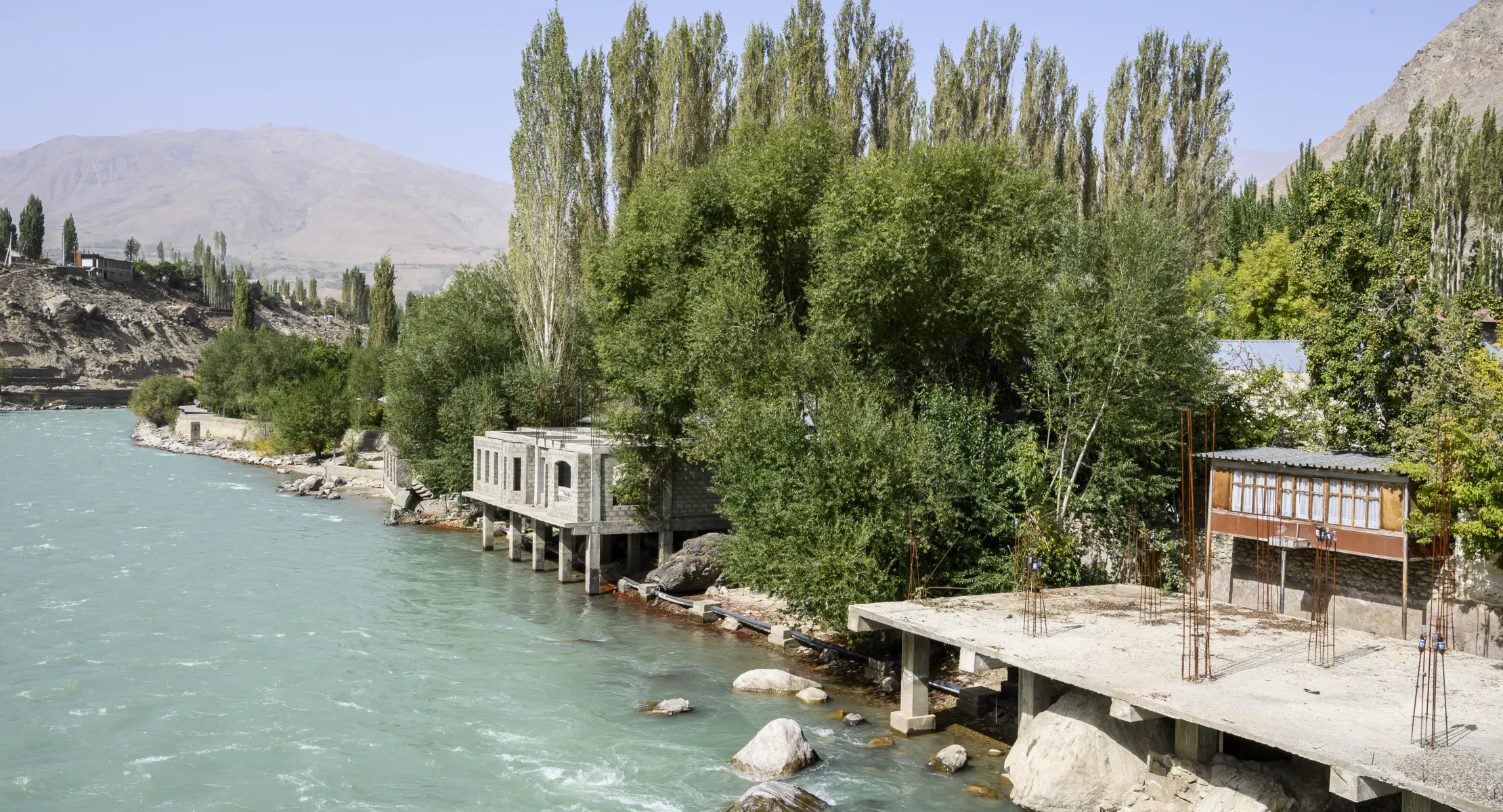
UN-Habitat partnered with the Aga Khan Agency for Habitat (AKAH) and the government of Tajikistan, through the Aga Khan Development Network (AKDN), to undertake the ‘Integrated Spatial Plan for Environmental and Socio-Economic Resilience’ in Khorog Tajikistan. The Our City Plans Toolbox was used by the UN-Habitat team throughout the overall implementation of Khorog’s project
Participatory planning is a cornerstone in the fight against climate change, ensuring that communities are actively involved in shaping resilient and sustainable cities. Our City Plans recognises the critical role of community engagement in addressing climate challenges and has implemented innovative approaches to empower residents. By involving community members in decision-making processes, Our City Plans fosters a sense of ownership and responsibility, leading to more effective and inclusive solutions.
The Toolbox offers a comprehensive set of tools and resources to support participatory planning for climate change adaptation and mitigation. One of the key features of the toolbox is its ability to filter resources based on climate change themes, allowing users to access relevant information and strategies tailored to their specific needs. For example, in Block B-Project Preparation of Phase 1: Assessment, the Environmental and Social Development Impact Plan (DIP) stands as a beacon of proactive planning. This vital component of the toolbox allows cities to anticipate and address potential environmental and social impacts early in the planning process. By conducting robust risk assessments and implementing targeted mitigation measures, cities can ensure that their projects are not only sustainable but also socially inclusive.
In Blocks E – Strategic Development and Spatial Plan and F – Land Management Plan, of Our City Plans Toolbox, there is focus on both the macro and micro aspects of urban planning for climate change. Block E focuses on the Environmental and Social Impact Strategy for the City, emphasising the importance of city-wide initiatives in tackling climate change and promoting sustainability. In contrast, Block F concentrates on the neighborhood level, stressing the need for customised solutions that empower communities to enhance environmental sustainability and social cohesion. These strategies highlight the value of participatory planning, enabling residents to actively shape their urban environment.
Participatory planning plays a pivotal role in effective climate action by tapping into the collective wisdom and energy of communities. Our City Plans is dedicated to advancing inclusive and sustainable urban development through participatory approaches, ensuring that cities are resilient, livable, and equitable for all.
